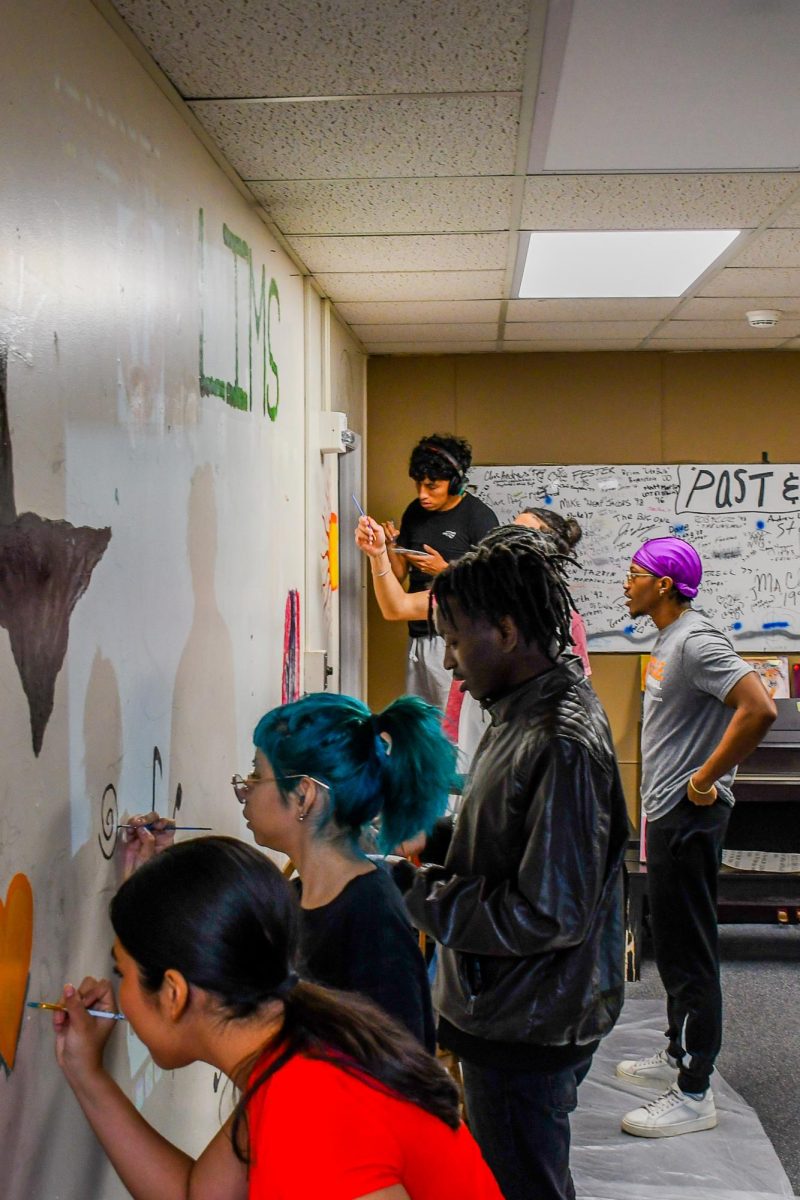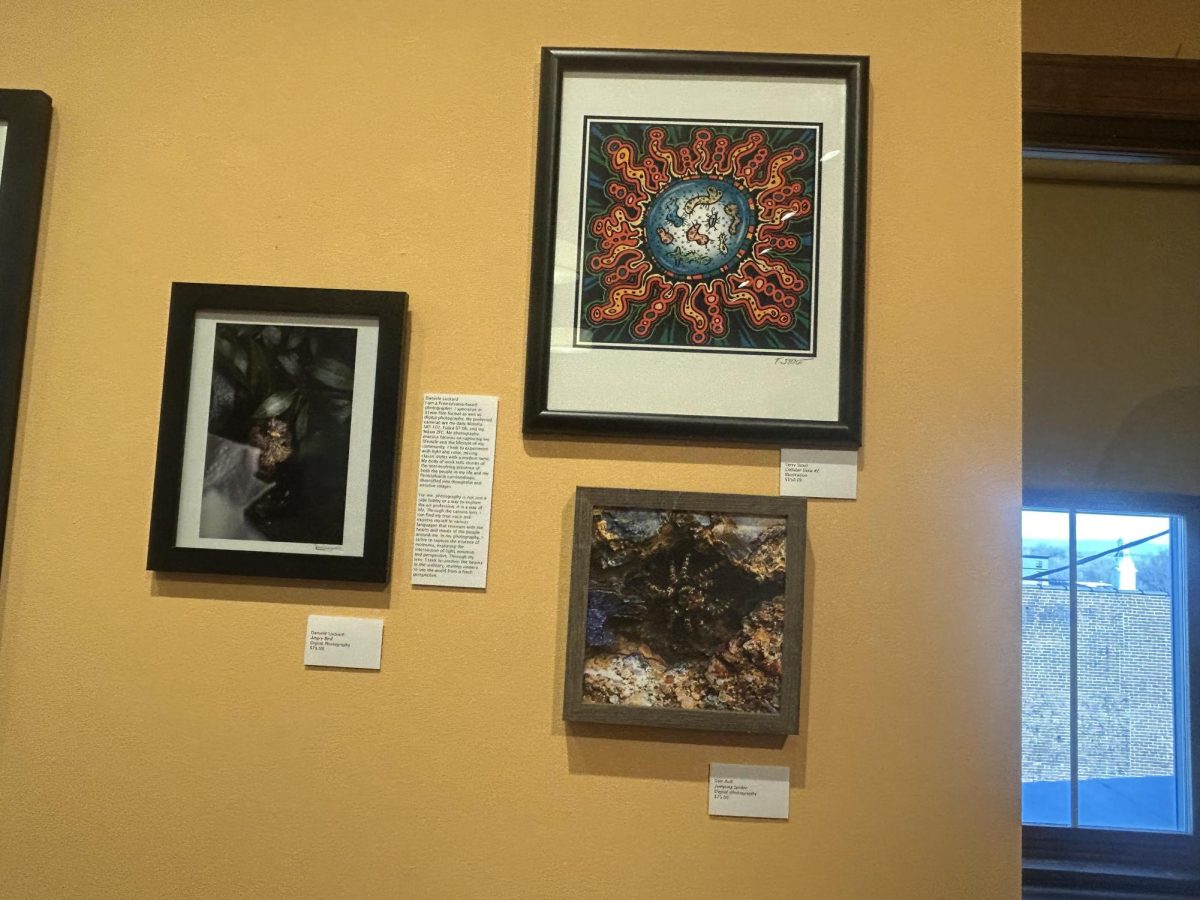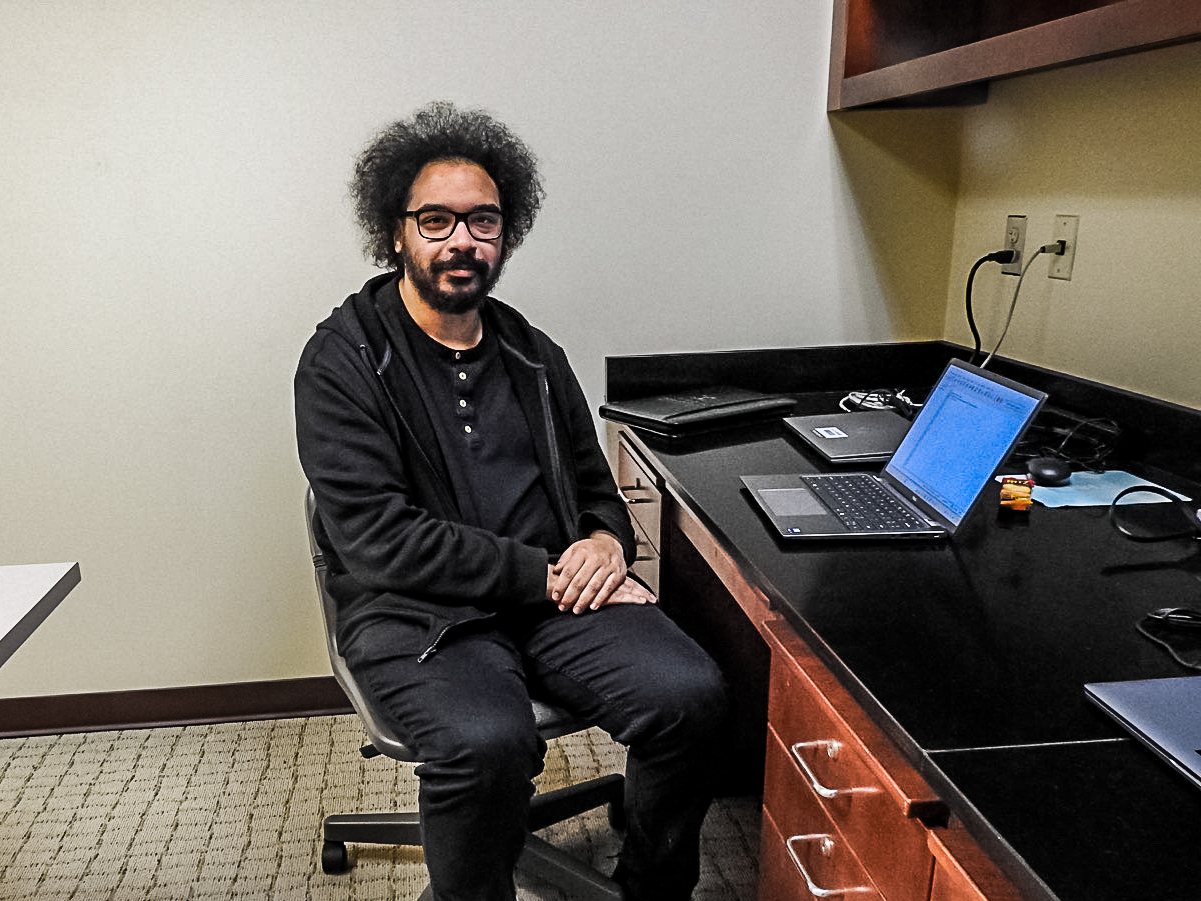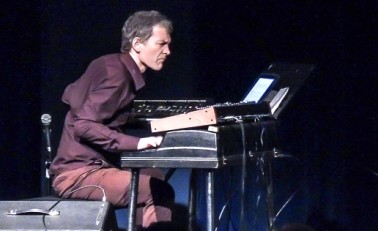Photo by Hana Isihara ‘17 | The Lafayette
As the audience erupted into applause, the Orpheus Chamber Orchestra, dressed formally in all black, and featured pianist Brad Mehldau, wearing a red plaid shirt, red pants, and red sneakers, walked onto the Williams Center’s stage. They were ready for the American debut of the first piece they would play for the night, Variations on a Melancholy Theme. The difference in attire between Mehldau and the orchestra illustrated a concept that the group would emphasize for the night: contrast.
The Oct. 8 performance featured Mehldau’s classical piano playing. Mehldau comes from a musical background distinct from the other classically trained musicians in the Orpheus Chamber Orchestra. Primarily, his work is mostly as a jazz pianist – he has performed with musicians such as Pat Metheny, Lee Konitz, and Charlie Haden. Mehldau constantly demonstrates versatility in his playing, having expertise in both jazz and classical music. His composition, Variations on a Melancholy Theme, was no exception.
Variations on a Melancholy Theme sounded as if two different worlds were combining together in perfect harmony. The piece started off with a lugubrious melody, simply stated by Mehldau and the orchestra.
Once the motif was established, it was festooned with additional nuances by the orchestra and Mehldau’s improvisations. As the jazz pianist played bluesy lines with Orpheus’s classical Chamber Orchestra behind him, the contrast between musical styles was clear. Yet, the piece developed without conflict. There was beauty in the contrast.
“While the theme evokes melancholy, I let it be used as a springboard for other happy, wild, violent, and reckless emotions as the variations progress,” Mehldau wrote about his piece for the program. Variations on a Melancholy Theme constantly develops itself, expressing contrasting ideas and emotions that come together in one cohesive piece.
Once Brad Mehldau left the stage, the Orpheus Chamber Orchestra returned to play marvelous renditions of the Liebeslider Waltzes (composed by Johannes Brahms) and, after intermission, Ludwig van Beethoven’s “Eroica,” two pieces from the 1800s. Both pieces drew the audience in with the same energy with which they played the first piece. Orpheus’s 2013 – 2014 season proves to be a musical success.





















































































































